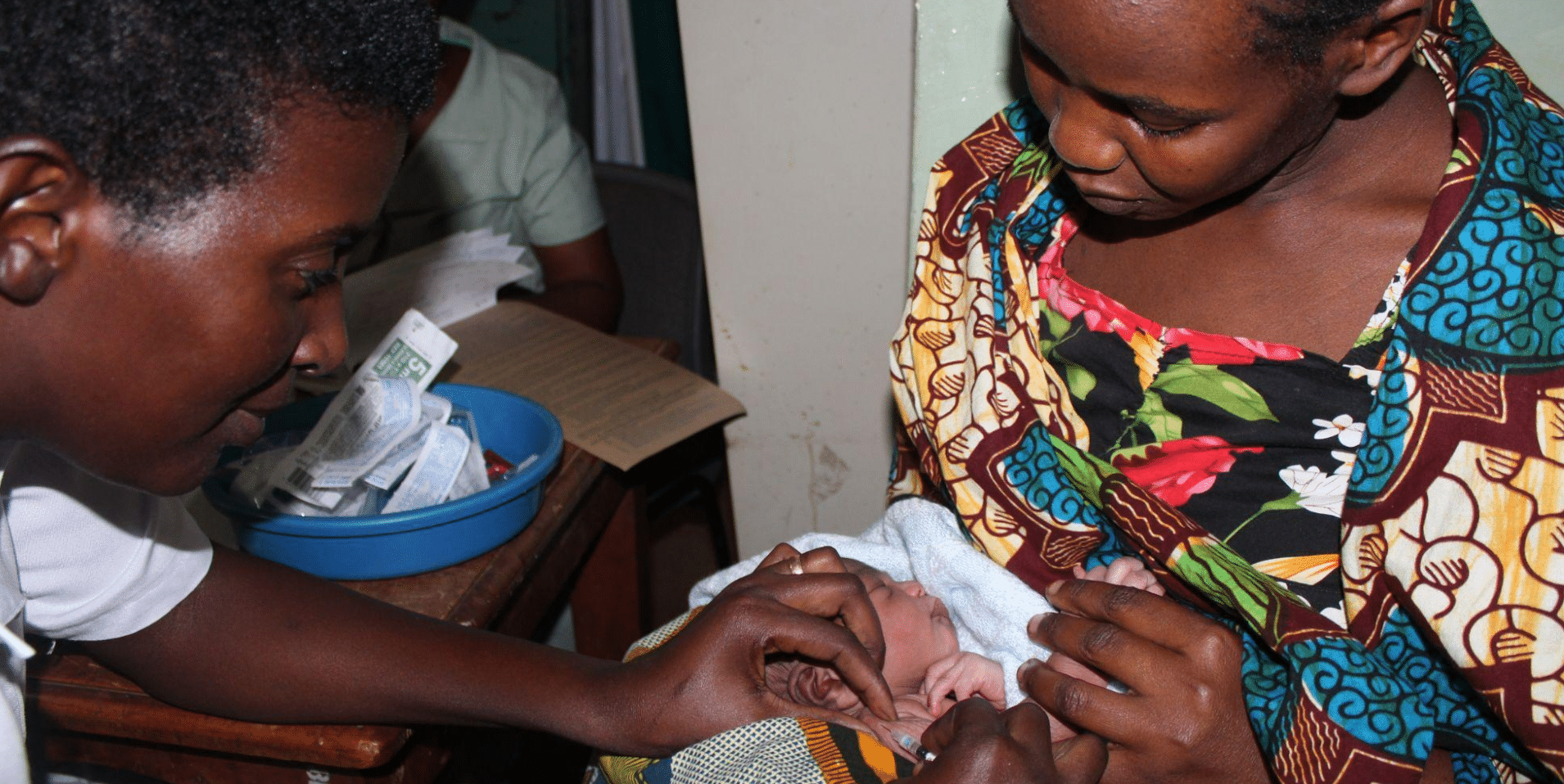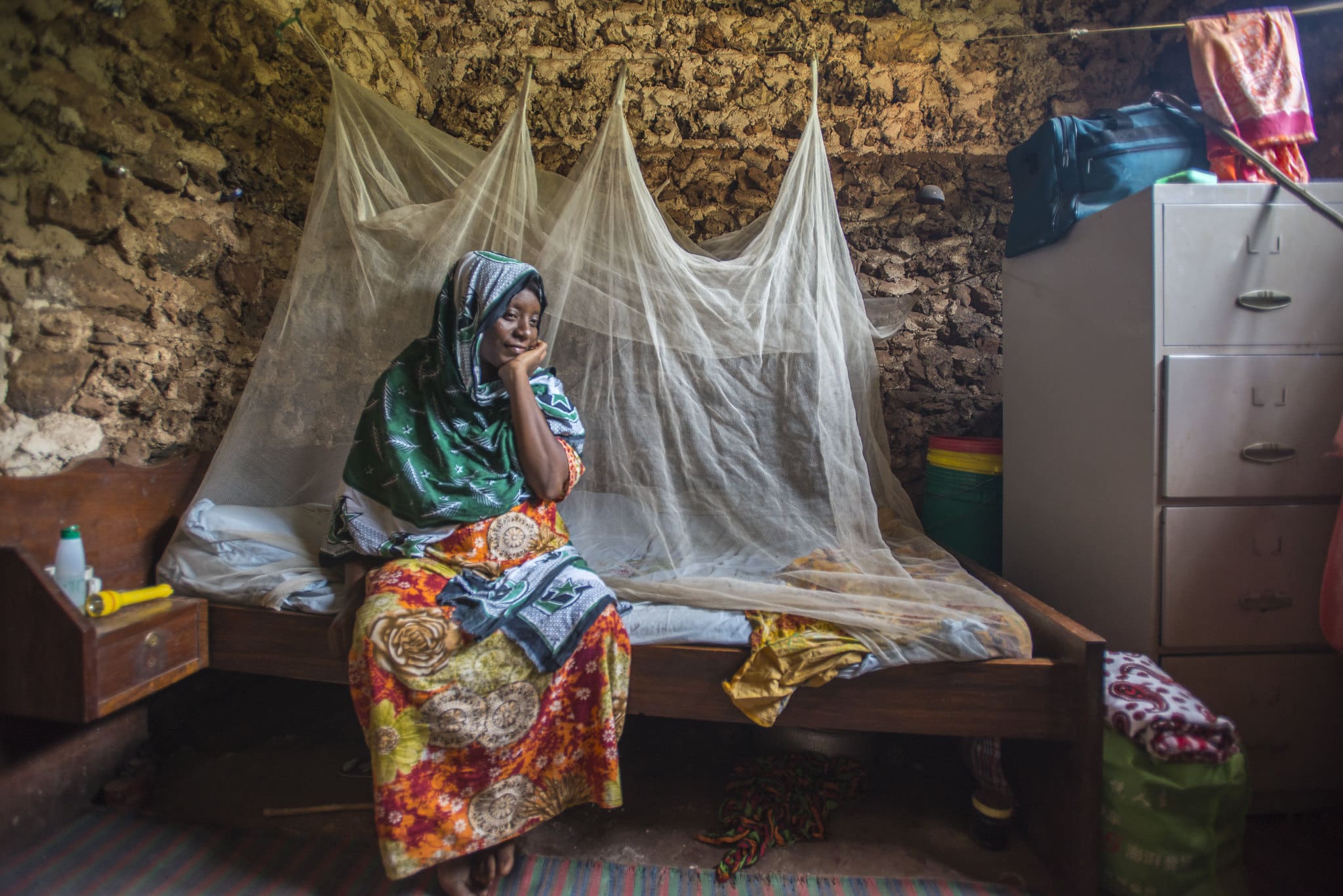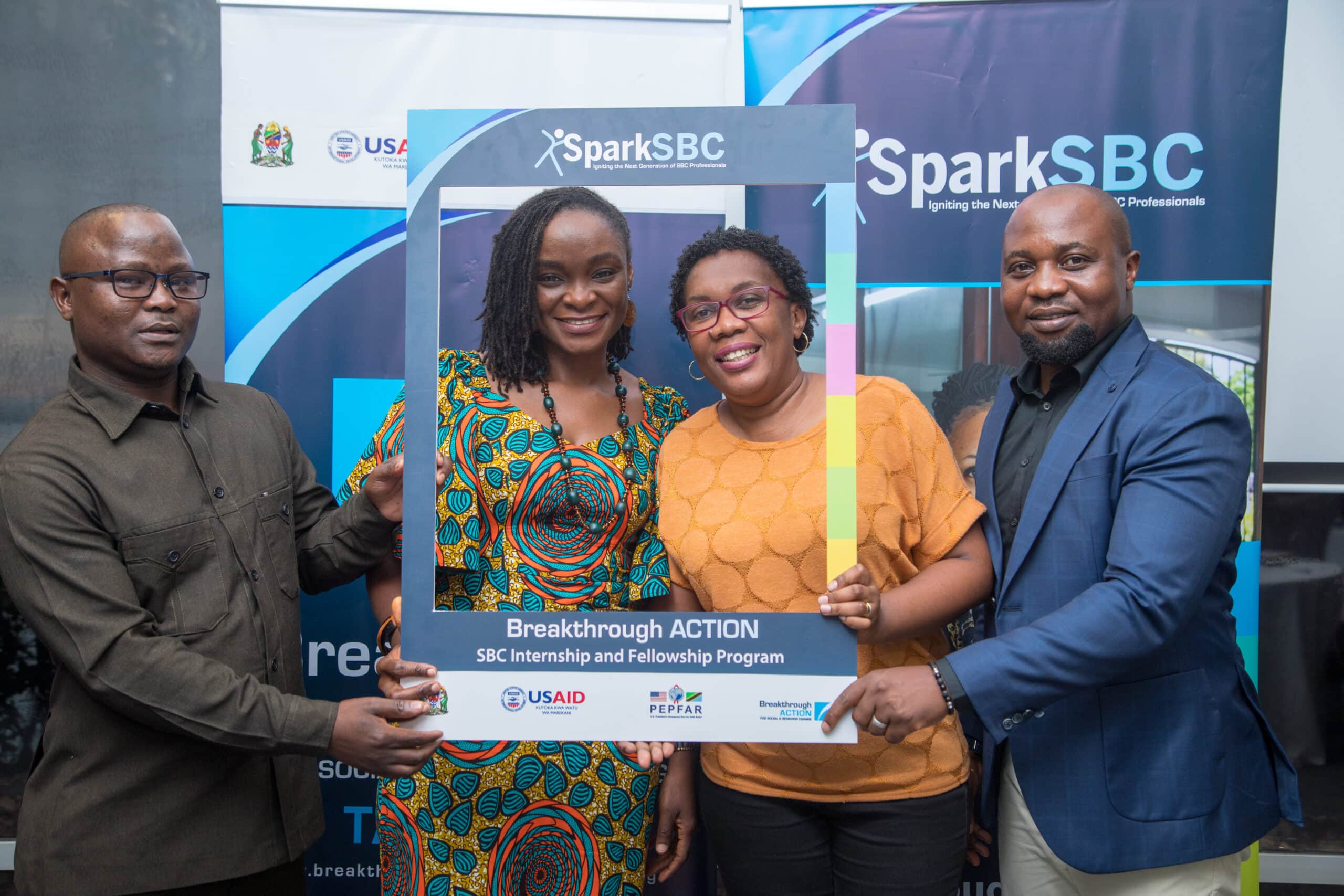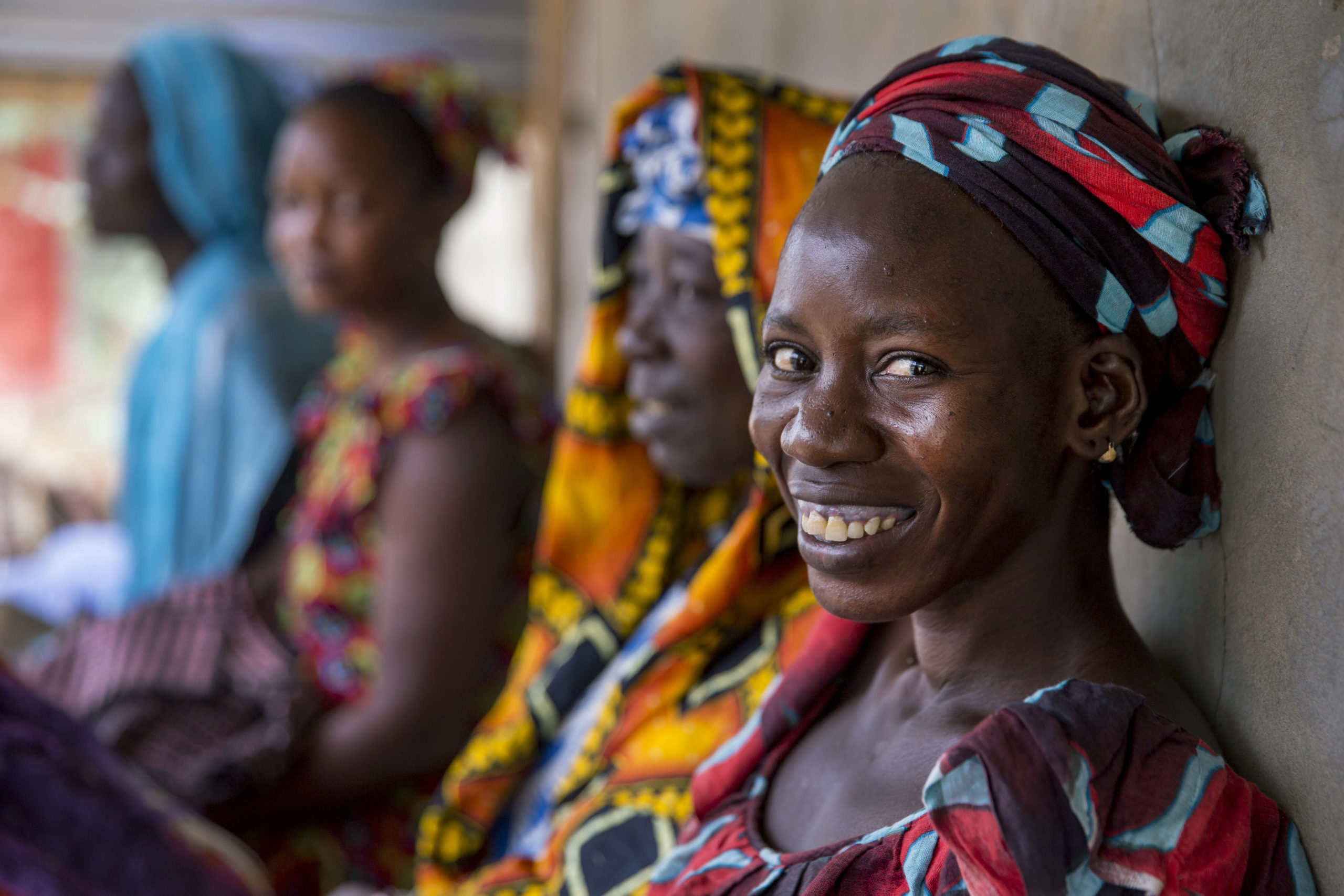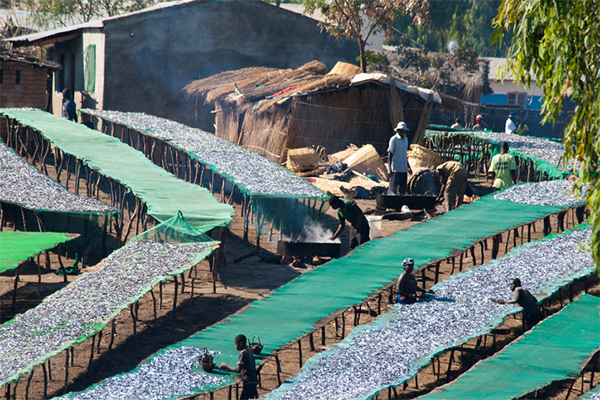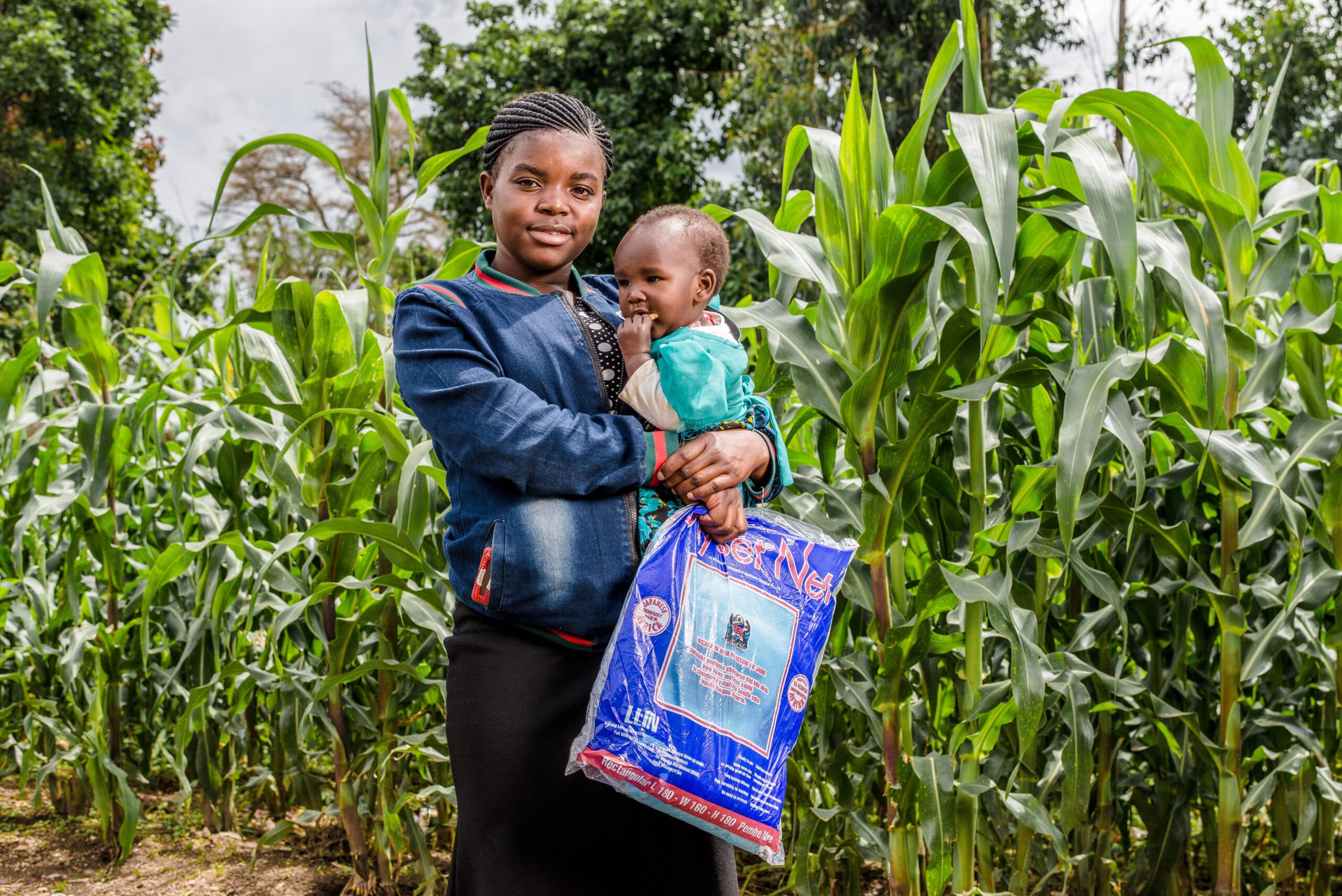
‘This is the Mark of a Successful Sustainable Project’
After years of support and training, a CCP-led project has officially handed off to the Tanzanian government all oversight of insecticide-treated bed net distribution to pregnant women and young children.


